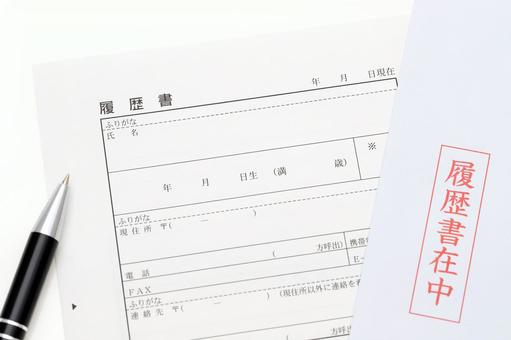2022.12.13
How much Japanese is required to work in Japan?

Read this article to study Japanese and get JLPT N1
For foreign nationals to work in Japan, it is necessary to have a certain level of Japanese language proficiency.
Most companies require a conversational level of N2 or above.
On the other hand, there are companies that emphasize skills.
For example, there are a certain number of companies that will hire a person with N3 level Japanese language ability if he/she has more than 5 years of experience.
This is a question from a foreigner who is currently working for a foreign-owned company.
I am an IT engineer working for a foreign company in Japan. I would like to change my job to a Japanese company, although my Japanese is not so necessary since I am working for a foreign company. Even if I have the skills, is it difficult to find a new job if I can’t speak Japanese?
If you want to work in Japan, Nihongo is a must.

In conclusion, although the level of Japanese required by foreign nationals seeking jobs in Japan varies from company to company, it is possible to change jobs.
However, if you cannot speak Japanese well, your job search will not proceed smoothly.
The interviewer is a Japanese national and speaks only Japanese.
If you are unable to communicate your personal history and attractiveness in Japanese during the interview, the company will not know how you can contribute to the company and will not hire you.
If you are successful in your job interview, you will be working for a Japanese company, and your boss, colleagues, and clients will all be Japanese.
In other words, all communication within the company will be in Japanese, and all business operations will be conducted in Japanese, so Japanese language skills must be strong in the first place in order to do the job.
What happens when you can’t communicate?

For example, let’s say you are traveling to Japan.
This is your first time in Japan, so you cannot speak Japanese.
However, you catch a cold during your trip and go to a pharmacy to buy some medicines, but you do not know which ones to buy because all the instructions for dosage and administration are written in Japanese.
How does this medicine work?
Are the symptoms of your own cold and flu?
When should I take my medications?
Are there any side effects?
You cannot buy medicines in Japan without information such as the following, right?
In the same way that you don’t know what medicine in the pharmacy will help you with a cold or a cold, a company will not hire you if they don’t know who you are.
The image is that the company has a cold = some problem and wants to solve the problem,
and therefore needs a medicine to cure the cold = human resources to solve the problem.
As a bilingual candidate, you will be hired if you can accurately and convey to the interviewer how you can contribute to the company.
Study Japanese only for Interviews is Not Enough

Japanese is essential for working in Japan, and there is no point in studying Japanese only before the interview.
Once you have passed the interview, the next step is to visit the company and observe the workplace.
In fact, there are many steps to overcome before receiving a job offer.
Even if a candidate receives a job offer because he or she was able to present his or her true self at the interview, he or she may not be able to successfully present his or her case at the workplace visit and may have a hard time securing a project.
Hiring Process
After you successfully pass the interview, the company that hired you will search for a company (project) that matches your skills and conditions.If you find a project that matches your skills and requirements, you will meet with the human resources manager at the company for another round of interviews.If you match thier criteria, you will be hired without a hitch.
In other words, if you cannot speak Japanese well, it will take a long time before you can actually start working after you receive a job offer.
How can you change jobs?

If you are currently unable to speak Japanese well in Japanese, the following options are available.
① Join a Foreign-affiliated companies in Japan
② Join a Japanese company with overseas projects where you can use your language skills
If the project is for a foreign company that uses only English, a high level of Japanese language ability and Japanese language skills are not necessary.
But there are weak points.
If you do not use Japanese in the workplace, you will not make much progress in Japanese, so it is necessary to learn Japanese at school or through self-study.
It will take time for your Japanese language level to improve, and your job change to a Japanese company will be postponed.
If you are not yet able to speak Japanese well, stay in your current position.
Then, study and learn Japanese and obtain JLPT N2.
If you change jobs before you can speak Japanese well, you may have a very difficult time at your new job, so the first step is to improve your Japanese language skills.

